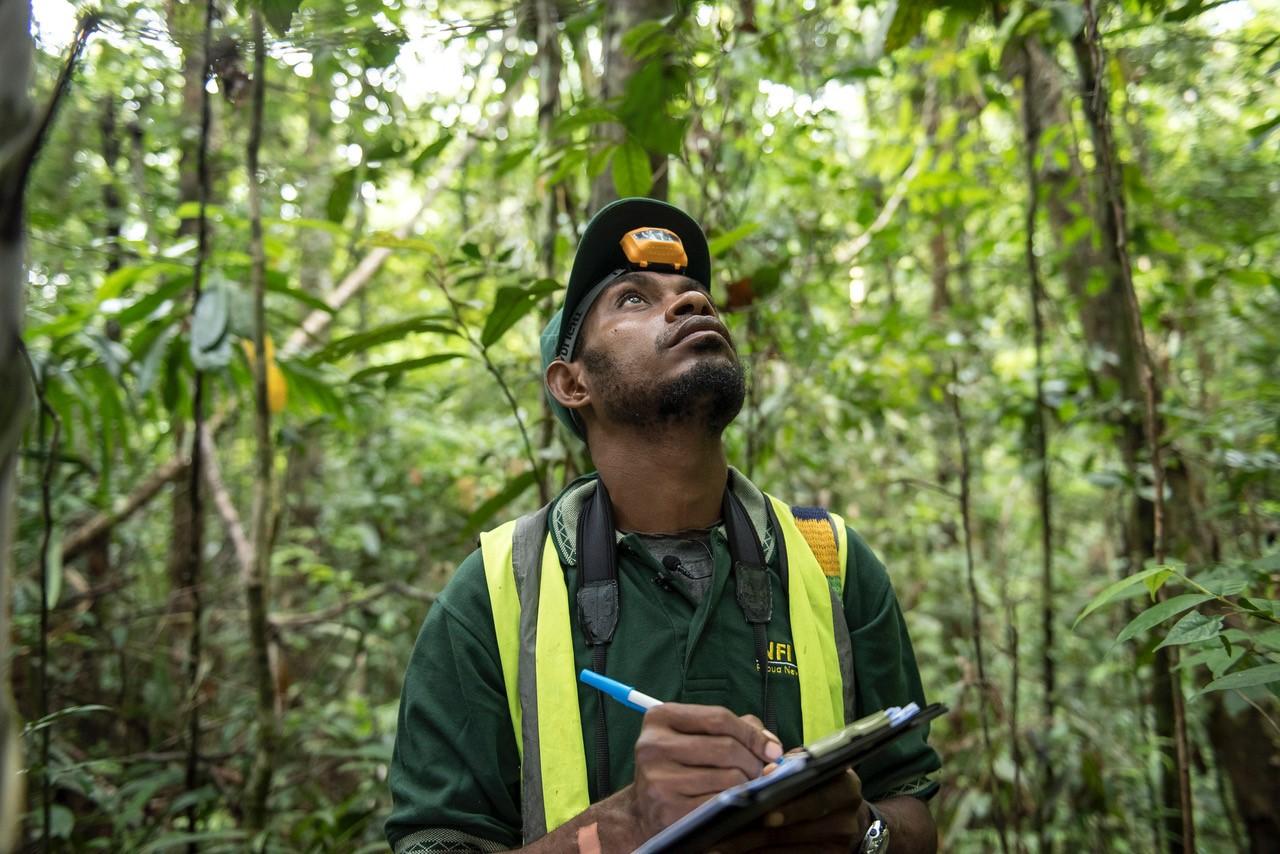Zimbabwe has launched the Zimbabwe Carbon Market Authority (ZiCMA) to regulate and facilitate carbon trading activities, marking a significant step in the nation’s commitment to the Paris Agreement. As the designated national authority under Article 6, ZiCMA will oversee the approval, authorisation, and registration of carbon projects and participating entities.
The authority will maintain a comprehensive registry of all carbon initiatives, ensuring adherence to mandatory application procedures and authorising carbon credits and projects. ZiCMA is also tasked with monitoring and enforcing regulations related to carbon projects, cooperative approaches, and the eligibility of project proponents, aligning with Paris Agreement guidelines. Transparency and accountability are emphasized, with ZiCMA required to keep the climate change minister informed on all market developments. Corresponding adjustments will be applied to prevent double-counting of emissions reductions.
This framework, unveiled at COP29 in Balu, Azerbaijan, aims to position Zimbabwe as a leader in carbon market development. Developed with international experts and local stakeholders, it provides a regulated platform for Article 6 compliant carbon credit trading. Innovations include a blockchain-based national carbon registry for secure digital transactions, strict environmental and social safeguards, strengthened legal protections, and an improved regulatory framework offering a clear pathway to Article 6 eligibility.
The framework provides clear guidelines for verifying, registering, and trading carbon credits, streamlining the process for both project developers and credit purchasers. Project developers are required to increase investment in community development, and the government will allocate the majority of carbon market proceeds to the National Climate Fund for mitigation and adaptation initiatives.
This development allows existing projects to transition to Article 6 eligibility, enabling local developers to access new markets and potentially higher profits. Environmentalists and economists have welcomed the initiative, recognizing its potential to balance environmental protection with economic growth. The carbon market is expected to commence operations in 2024, with pilot projects already in progress, potentially unlocking significant green investments and reinforcing Zimbabwe’s role in combating climate change.

